In most cases, probate is necessary after the death of a loved one. For an executor to administer the deceased’s property, they’ll need to acquire a grant of probate or a letter of administration where applicable. We understand how difficult the probate process can be, so we put together this guide to help understand probate better and navigate the valuation procedure seamlessly.

Why is estate valuation necessary?
Estate valuation for probate is essential to determine whether the property falls within the tax threshold. Only estates whose value falls within the stipulated threshold are subject to tax. Under current laws, if a deceased’s estate is worth more than £350K, it is taxable and must go through the probate process.
- You don’t need probate in circumstances like joint bank accounts, assets held in trust, personal possessions, and pension payments.
- Do you need probate if there are no assets? Yes, if there’s an existing chain of representation.
- Do I need probate if my husband dies? If your husband wrote a will before he passed, you would most likely need a grant of probate.
- Probate law and joint tenancy—If one of the tenants in common dies, you may need to apply for a letter of probate to manage your share of the property.
How long does probate take?
In the United Kingdom, probate takes between 9-12 months. However, this timeframe is not set in stone, as several factors can influence the probate process. Some of the factors include the following:
1. Type of asset
Larger or more complicated estates take longer to value. So, obtaining letters of probate will typically take longer in cases like these.
2. Whether there’s a will or not
With a will, the duration will be shorter since no time will be wasted figuring out the deceased’s wishes. However, in other circumstances, like where there is a mirror will, living trust, or power of attorney, the peculiarity of the situation will determine the duration.
Further reading: How does a living trust avoid probate
3. Conflict among the beneficiaries
Any disagreements arising from the will will likely result in court proceedings and, in return, a more extended probate period. Some of these disputes may be about paying funeral expenses from the deceased’s estate, who gets the probate grant/ letters of administration, whether the deceased left any money, etc. Issues like these should be managed carefully when handling property inheritance.
4. Duration of estate valuation for probate.
The longer it takes for the deceased’s estate valuation, the longer the probate process will be. This is why it is important to hire an efficient and reliable valuer who can get the job done on time.
Call now to see how we can help
0207 706 7554
From the circumstances highlighted above, we can see that probate can take anything from a few months to a couple of years. However, note also that the accuracy of the probate valuation will influence how long the probate process will take.
Another reason you must ensure accuracy in the probate property valuation process is for tax purposes. Inaccurate statements can have dire consequences and fines. Your probate report needs to be accurate and factual before submitting it to the probate registry.
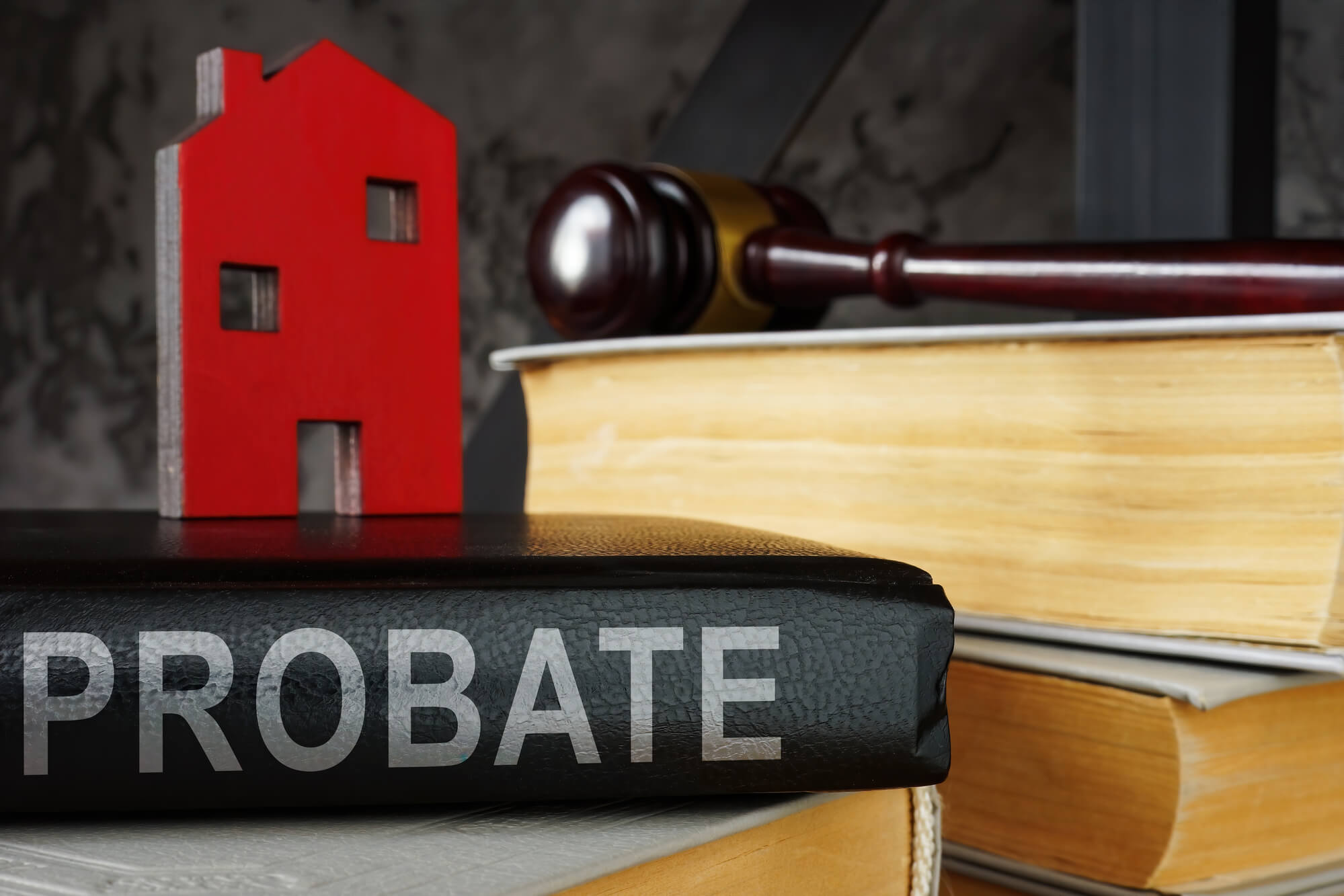
Does the probate process have a time limit?
It is not compulsory to submit an estate valuation report immediately after the death of a loved one. Still, you should keep specific time limits in mind when applying for probate in the UK.
If the estate falls within the inheritance tax band, the probate forms must be completed and returned to HMRC within one year for inheritance tax purposes. However, the time limit for paying the inheritance tax is within six months after the demise of a loved one. The payment can be made even before the final valuation is done.
Who values an estate for probate?
Before starting the estate valuation process, it is important to consider the proper official or agency to conduct it. Will you go for an estate agent or a RICS-qualified surveyor? We recommend the latter because their valuation is more professional and precise than that of an agent.
Agents generally give free valuations, which in most cases is only the market appraisal value of the estate. But this might get you in trouble with the HMRC. Most agents tend to inflate the value by presenting the asking price instead of the open market value. The HMRC will not accept valuations like these because they are fraudulent and can get you into trouble.
- Do you need a solicitor for probate? Probate solicitors can help ensure all procedures are executed in strict compliance with relevant laws, reducing the likelihood of unnecessary delays.
- Most probate solicitors charge between 1 to 5% of the value of the estate, plus value-added tax (VAT).
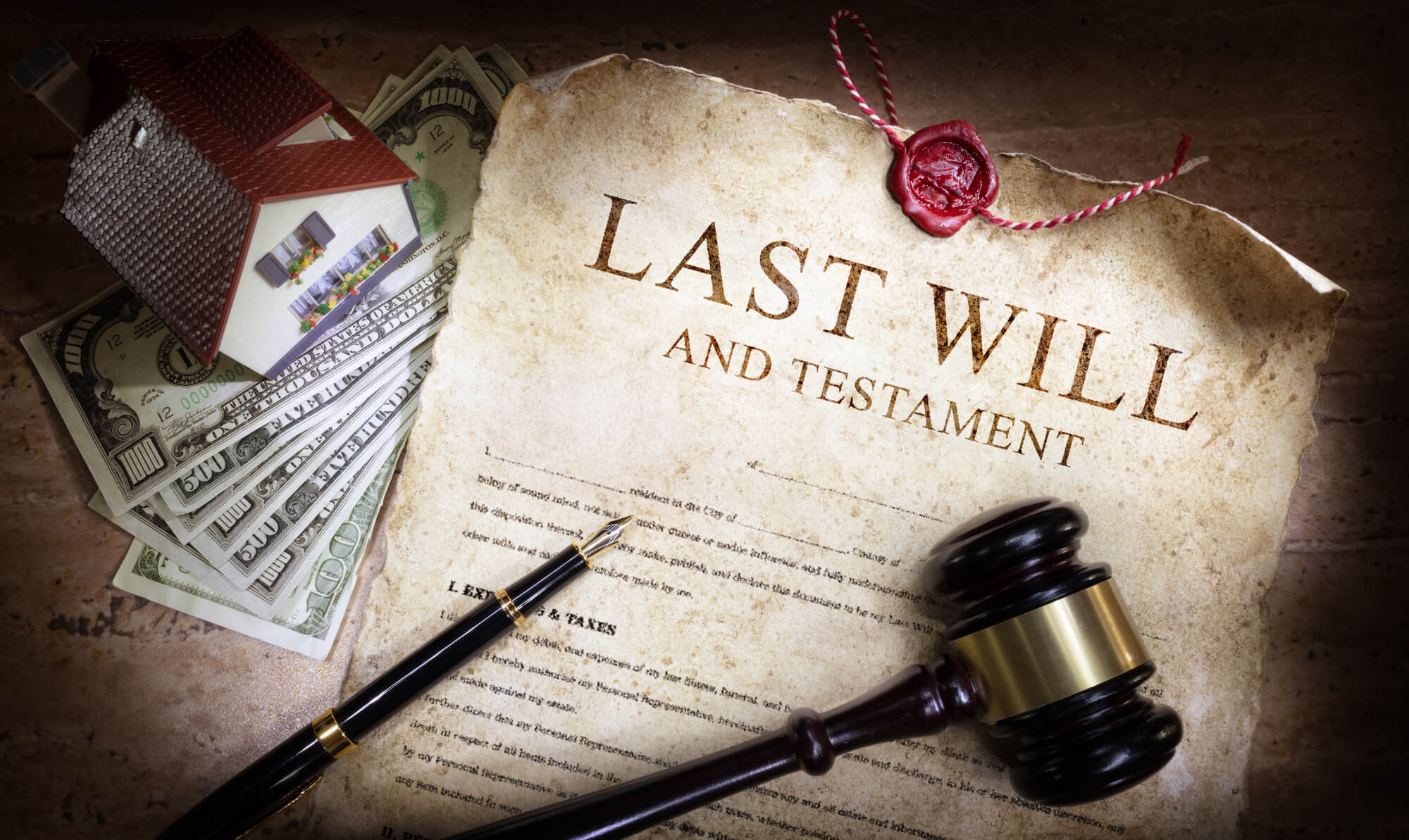
How do you value possession for probate?
As noted earlier, accurate probate valuation is necessary to determine the correct inheritance tax to be paid. To do this, you must hire a probate valuer who will value the entire estate based on its open market value. This valuation will cover all of the deceased’s property, including personal possessions, goods, and chattels.
Learn more about valuing personal property for probate.
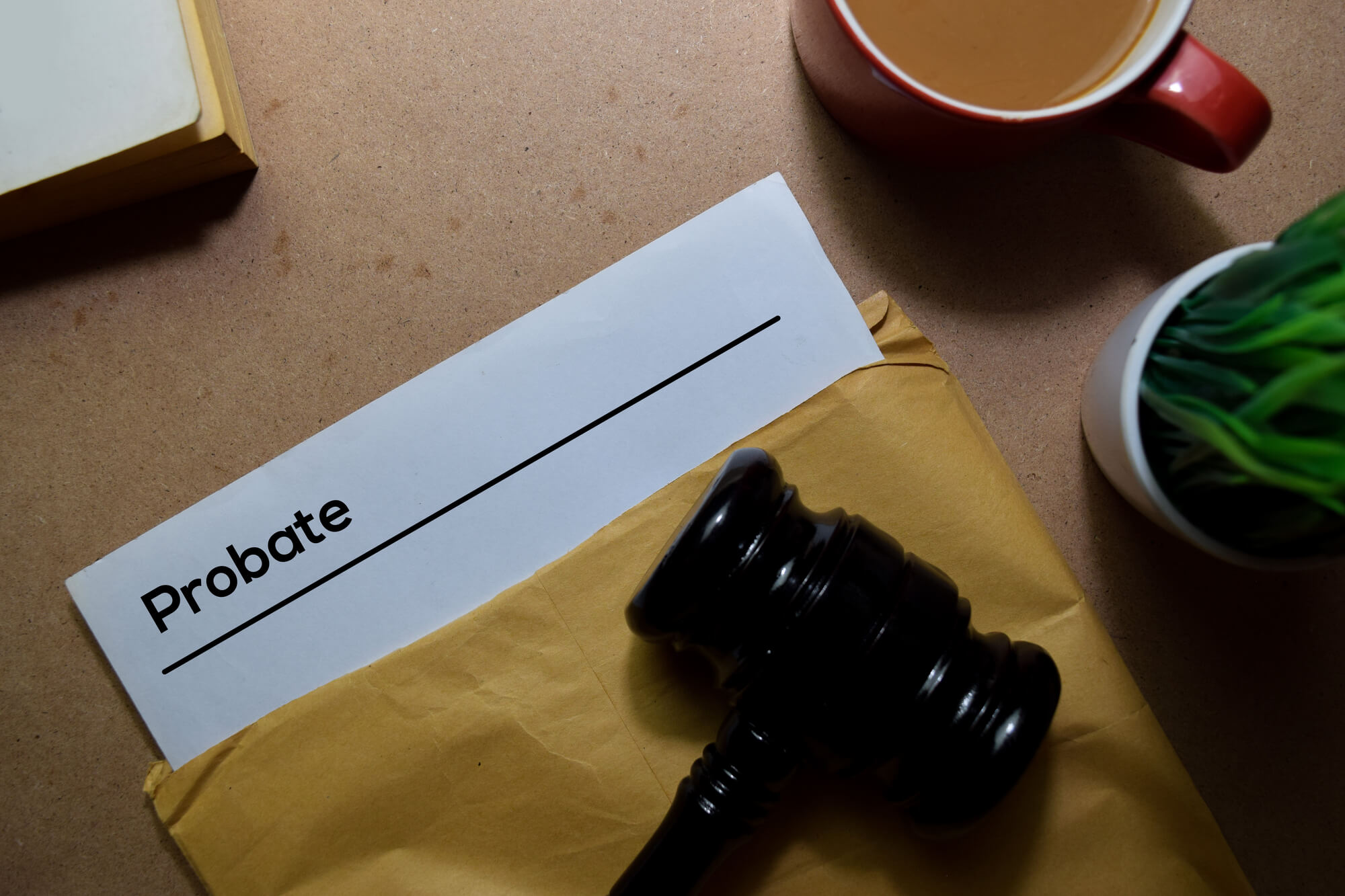
How much does probate valuation cost?
Probate valuation service charges vary depending on the package, whether specialist or standard. Our standard package for valuing all personal assets starts from £325 + VAT, depending on the extent of the work. The prices for the specialist package are available upon request.
With the specialist probate valuation service, you don’t need to worry about the valuation of your valuable possessions. Whether it’s jewelry, precious metals, fine art, antiques, rare books, vehicles, or valuable gems, you get an expert valuer to make sure everything is correctly valued.
Once this figure is obtained, you can now add it to the total value of the rest of the property. With precise figures, you won’t be having any trouble with the HMRC.
- How much does a probate valuation cost in London?
- Do you know what a red book valuation is? It is a common type of valuation used by solicitors, accountants, bankers and agents.
- What is a deed of appropriation – It allows the beneficiary and the personal representatives to reach an agreement in writing.
- What happens when a will goes to probate? The court will first authenticate the will and authorise the executor to pay all outstanding taxes and debts.
- What is a petition for probate of will? – A legal request asking the court to allow the petitioner to act as the will’s executor.
Probate value vs market value
A probate valuation has only three possible outcomes: either the property is overvalued, undervalued, or accurately valued. Undervaluing a deceased estate is typically done to evade tax, but this fraud attracts stiff penalties, like jail time or a fine.
The probate value is the result of a probate valuation done in accordance with HMRC guidelines for tax purposes. On the other hand, the market value is the current worth of an estate on the open market after comparing it to similar assets on the open market.
Although some disparities may occur between the probate value and the market value, the most important thing is to ensure that the probate property valuation figure is precise for inheritance tax purposes.
What happens if a house sells more than the probate value?
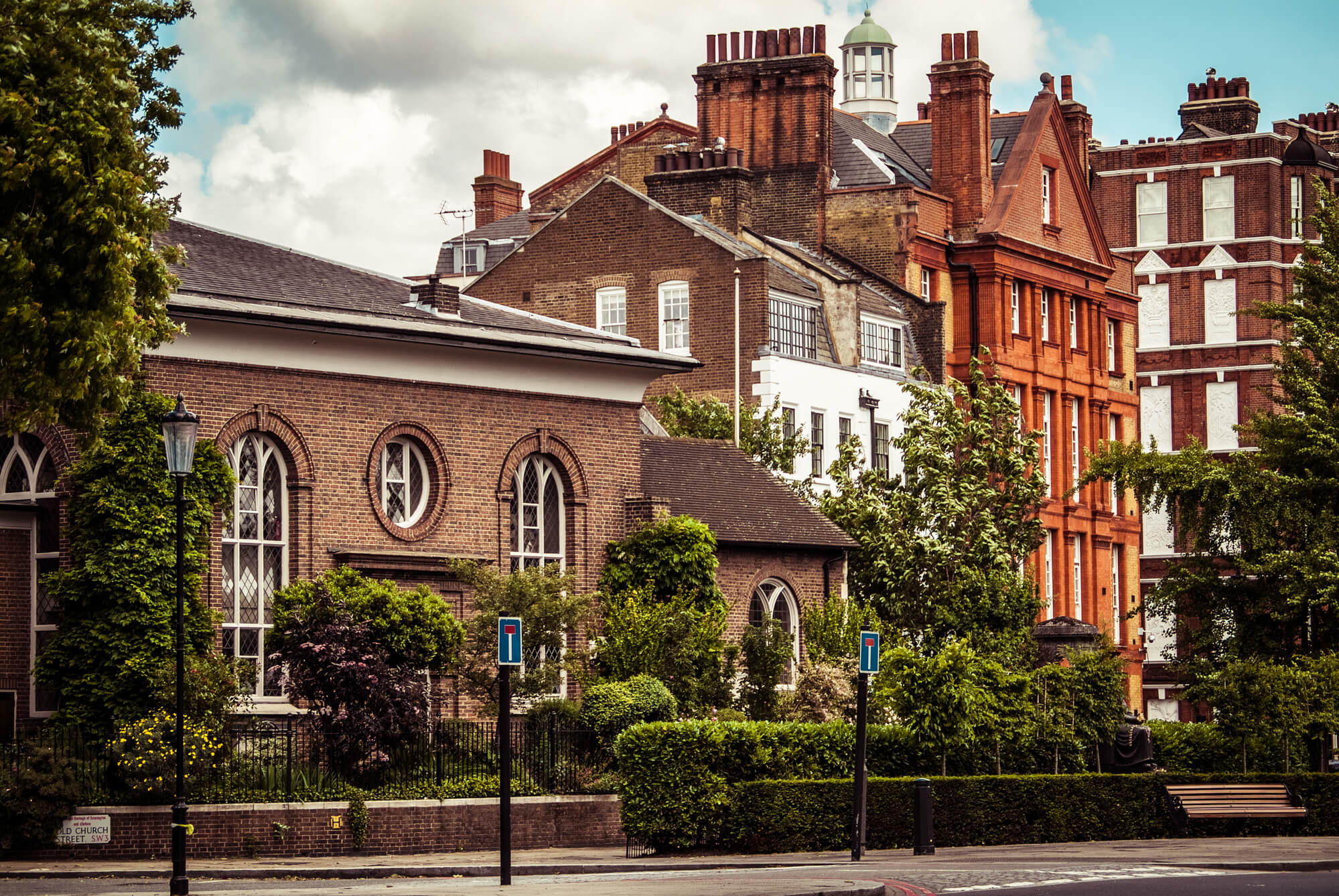
If a house is sold for more than the amount it was valued for, the HMRC might try to increase the tax owed. This can happen when the sale is made, and it’s usually after probate is granted. Remember, an executor or administrator cannot distribute the deceased’s estate or take any other action with it—such as selling—until they receive a grant of probate or a letter of administration.
If there’s such an increase in the tax owed, it can be negotiated with the district valuer. However, these negotiations can be stressful and time-consuming.
On the flip side, in cases where the deceased’s estate was undervalued during the probate valuation and sold at a lower rate than usual, the beneficiaries can seek a refund from HMRC for overpaid inheritance tax.
What happens if a house sells for less than the probate value?
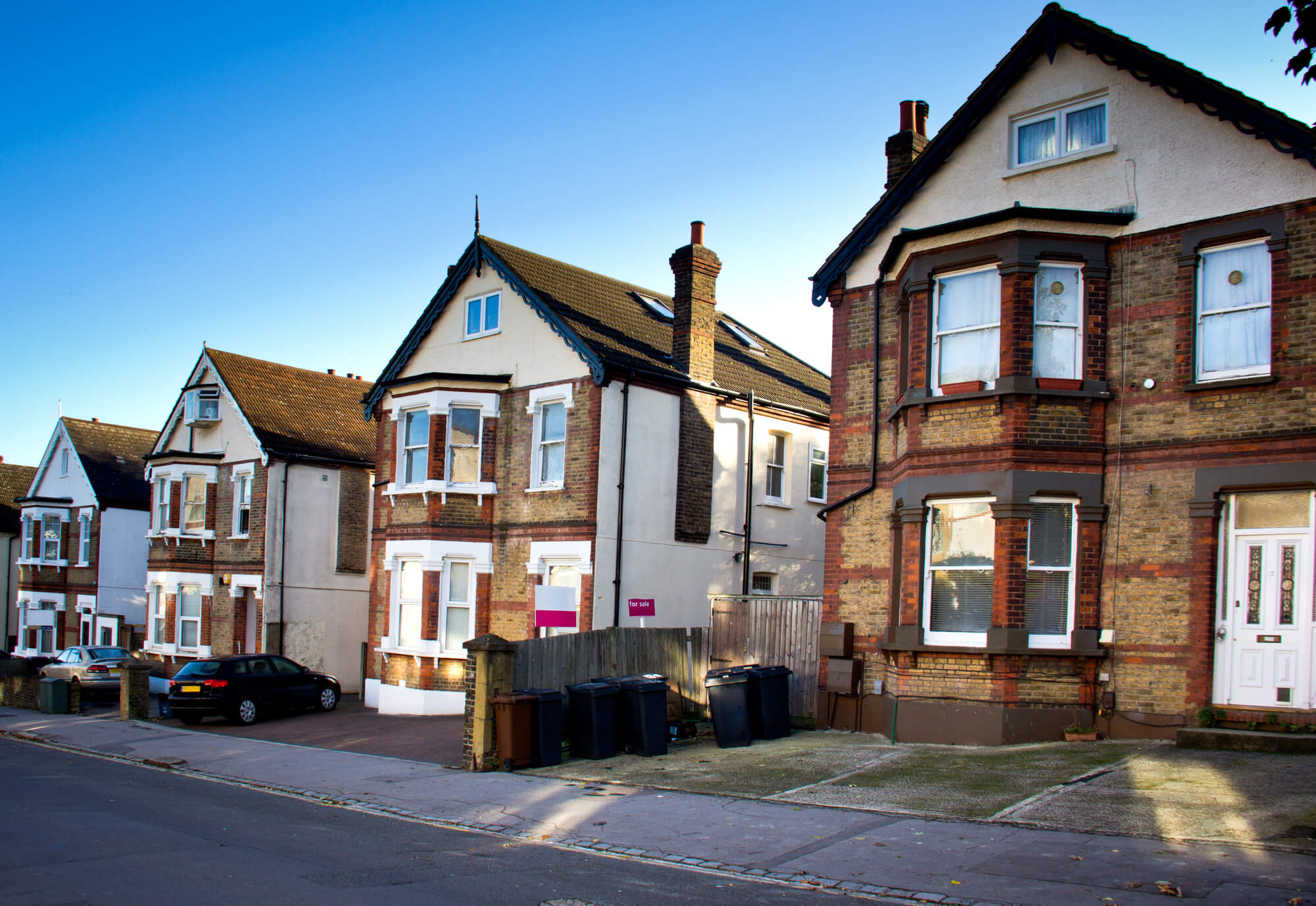
In cases where you might have overvalued the house during a valuation, and it’s sold for less, you can always seek a refund from the HMRC. This would be for the tax overpayment made.
But before making any refund claims, it is advisable to consult with your solicitor. It is also crucial to note that tax refund claims can be made if the property was sold within four years of a loved one’s demise.
At Clearance Solutions, we aim to simplify the London probate valuation process, and we hope this guide helps. So, feel free to contact us anytime for guidance. We have a team of independent, professional, expert, and experienced valuers ready to appraise your house contents, chattels, and personal possessions for probate purposes.
If you have further inquiries about probate valuation or our services? Feel free to reach out and someone from our team will be in touch with you for a one-on-one consultation.











